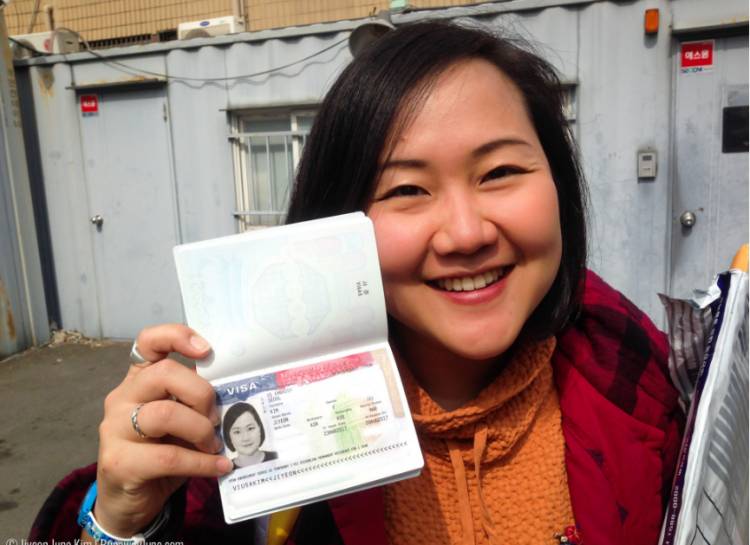
Lawful residence in the United States
The green card gives you the right to legally reside in the United States for 10 years, then the green card must be extended.
Free border crossing to the United States
The Green Card is also a travel document that allows you to leave the United States and return. But if you have to stay outside the United States for any reason for more than a year, you must obtain Special Return Authorization before traveling. To do this, you need to fill out a Form i-131 application form at https://www.uscis.gov/i-131 and pay $ 70. You must do all of this at least one month before your departure.
You can call your relatives to visit you
However, they cannot automatically claim to receive their own Green Card. Right to work in the United States. The holder of the green card has the right to work outside of politics. It is not necessary to collect additional documents for employment.
Right to social benefits
After 10 years of professional experience, a green card holder can enjoy social benefits such as financial assistance for disability, unemployment, pension, and more.
Visa-free travel
For travelers with a green card, visa-free entry can be made to the following countries: Canada, Mexico, Puerto Rico, Bahamas, Dominican Republic, Costa Rica, Jamaica, and a few others.
Low-interest loans
With a green card, credit processing becomes much easier and bank interest is drastically reduced. For example, the interest on a home loan for US citizens and residents ranges from about 3% to 4.5%. For foreign citizens, interest on a loan starts at 7%.
Education
Children of a green card holder receive free education in state and municipal schools. The cost of education at state universities for green card holders is much lower than for international students.
Opportunity to become a U.S. citizen
To apply for U.S. citizenship, you must have lived as a green card holder for more than five years and remain in the United States each year for at least six months.
The responsibilities of the holder of the Green Card:
Taxes
All US residents must pay taxes. You must complete your personal income tax return each year, starting with the calendar year you received your green card. If you avoid submitting a financial report to the government, your US residency status will be in jeopardy.
Military service
All male green cardholders between the ages of 18 and 26 are required to register for military service. To do this, you need to register at the nearest post office. Lack of military registration may endanger your permanent resident status and affect your naturalization in the future.
Residence in the United States
By becoming a Green Card holder, you must make the United States your permanent residence. If you have been away from the United States for more than a year or if you regularly travel abroad for more than 6 months, you will encounter questions at border control. You may be sent to an immigration office where you need to prove that your connection with the United States is strong and reliable.
Evidence can include many things: possession of the real estate, formal employment, or your family's permanent residence in the United States. You can provide a US driver's license, personal bank statements, insurance policies - in short, any documents that prove you are related to the United States. If you fail to convince immigration officials, you risk losing your green card.
To avoid border interrogations, it is important to spend at least 180 days per year in the United States.
Your green card and your address
Children who have reached the age of 14 should contact the INS and change their old green card to a new one with a different photo. If you change your address, you must inform the immigration service of your new place of residence within 10 days. Last but not least. Perhaps your main concern is not to violate US law, criminal or tax. Making a criminal case may result in the loss of your green card.












